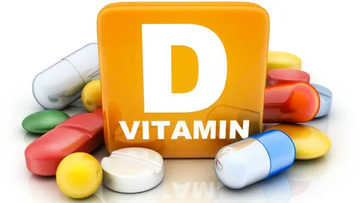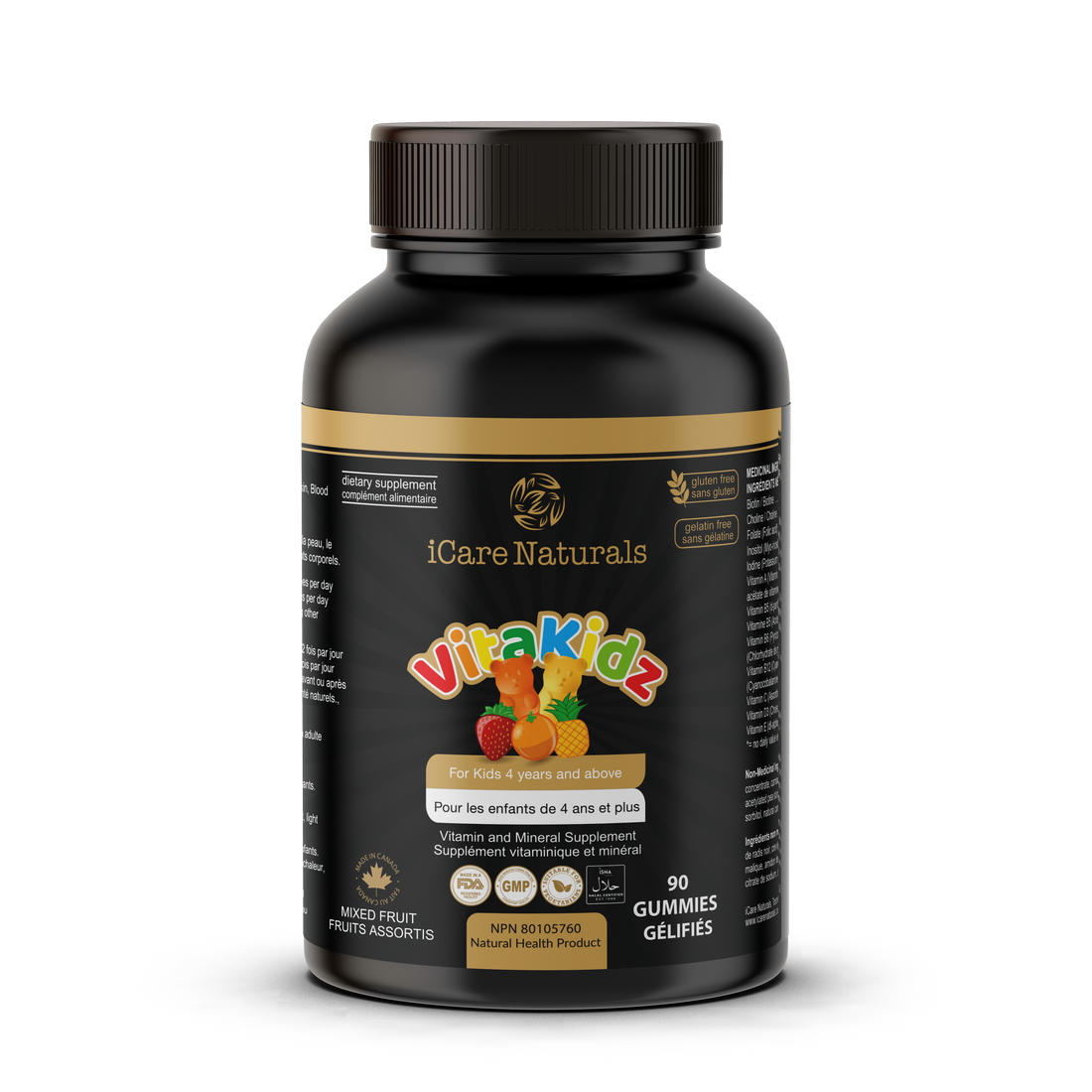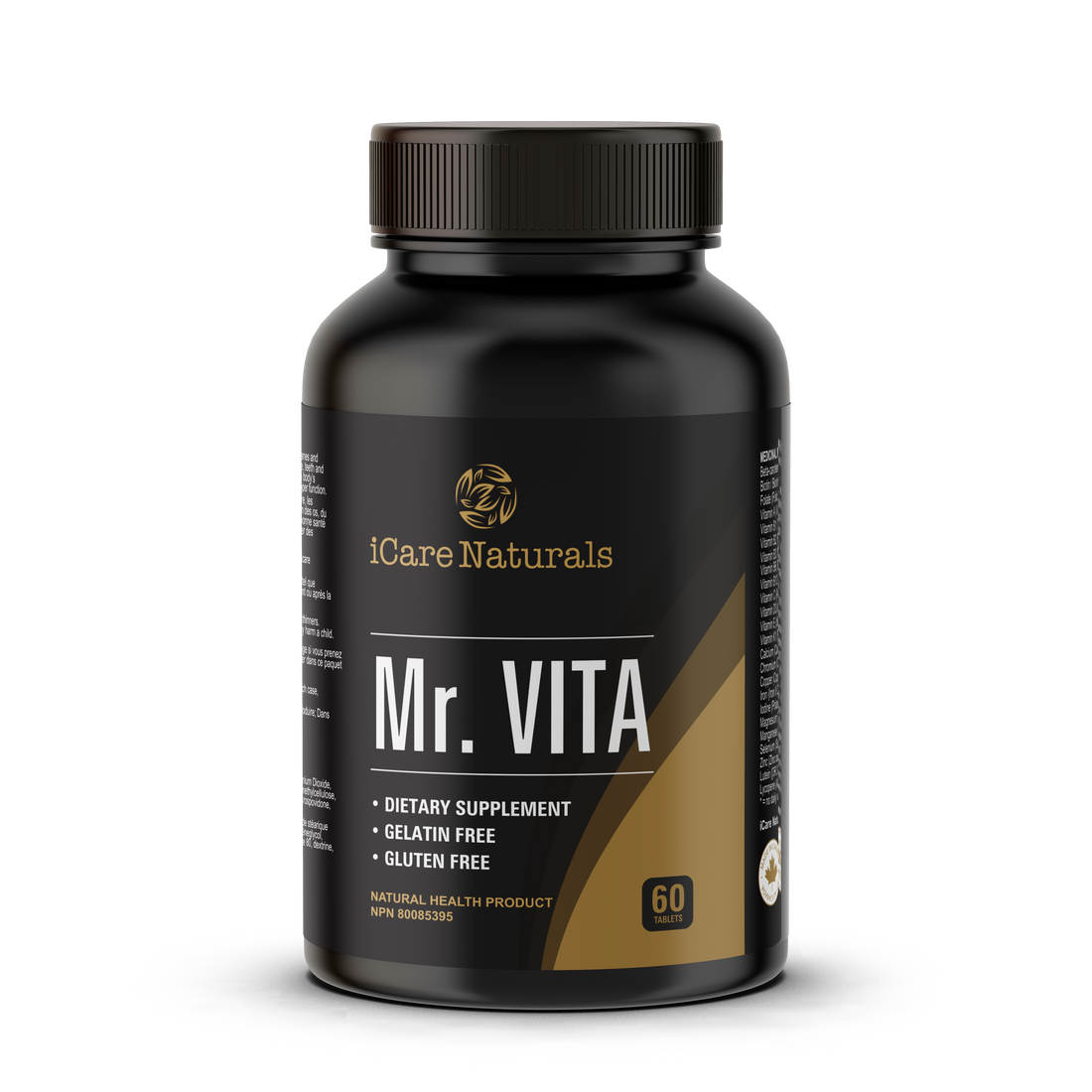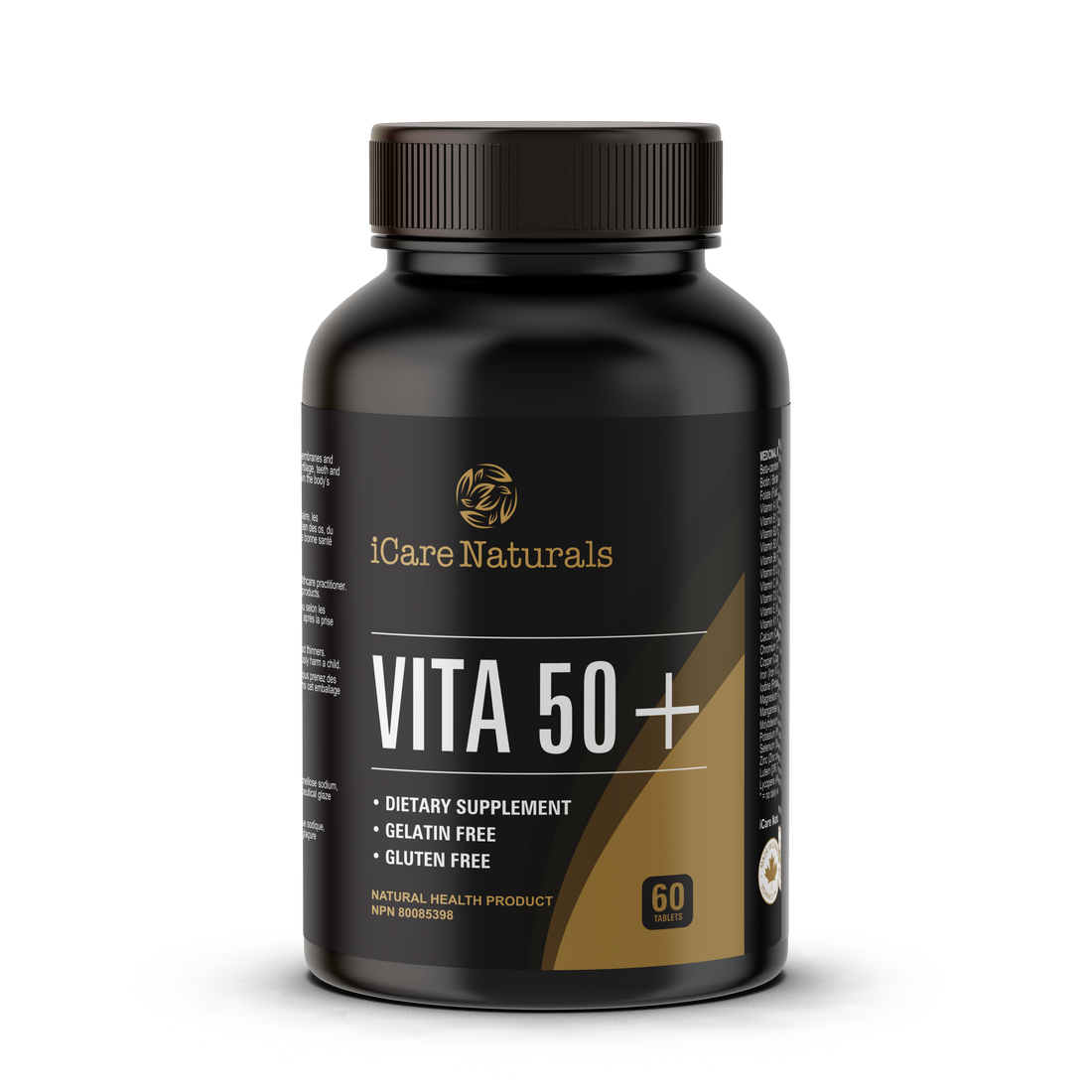Introduction
Vitamin D is an essential nutrient that is required for several body functions. This vitamin is primarily obtained through exposure to sunlight, and some of the best natural foods naturally contain high levels of this vitamin. In this article, we will discuss the importance of vitamin D in our diet and the benefits it can offer.
How Vitamin D Helps in Bone Health?
One of the primary functions of vitamin D is to help the body absorb calcium and phosphorus, which are essential minerals for bone health. Without enough vitamin D, the body cannot properly absorb these minerals, which can lead to weakened bones, increased risk of fractures, and osteoporosis.
The Role of Vitamin D in Immune Function
Vitamin D plays an important role in immune system function. It helps the body fight off infections by stimulating the production of immune cells and increasing the body's ability to defend against harmful pathogens.
The Link Between Vitamin D and Mental Health
Research has shown that low levels of vitamin D can increase the risk of developing depression and anxiety. Vitamin D also plays a role in regulating mood and reducing symptoms of depression.
How to Ensure You Are Getting Enough Vitamin D in Your Diet?
Getting enough vitamin D can be challenging, as it is primarily obtained through exposure to sunlight, and few foods naturally contain high levels of this vitamin. However, many foods such as fatty fish, fortified milk and cereals, and egg yolks can provide vitamin D, and supplements are also available.
Getting enough vitamin D in your diet is essential for maintaining good health and well-being. Vitamin D plays a vital role in several body functions, including bone health, immune system function, and regulating mood.
What are the side effects of not taking proper vitamin D?
Not taking proper vitamin D can lead to a number of health issues and side effects, including:
Weak bones
Vitamin D plays a crucial role in maintaining bone health by helping the body absorb calcium. Without enough vitamin D, bones can become weak and brittle, leading to conditions like osteoporosis.
Muscle weaknessVitamin D deficiency can also lead to muscle weakness and fatigue, which can affect overall mobility and increase the risk of falls and injuries.
Increased risk of chronic diseases
Studies have found that vitamin D deficiency may increase the risk of developing chronic conditions like heart disease, diabetes, and certain types of cancer.
Reduced immune functionVitamin D is also important for immune function, and a lack of it can lead to a weakened immune system and increased susceptibility to infections and illnesses.
Mood changes
Some research suggests that low levels of vitamin D may be associated with an increased risk of depression and other mood disorders.
Overall, not taking proper vitamin D can have significant health consequences, and it's important to ensure that you're getting enough through your diet or supplements, especially if you're at risk of deficiency due to factors like limited sun exposure or certain medical conditions.
Osteoporosis is a common condition characterised by the loss of bone density, resulting in brittle and fragile bones that are more prone to fractures. It is a significant public health issue that affects millions of people worldwide, especially older adults and women.
Research has shown that vitamin D supplementation can help prevent bone loss and reduce the risk of fractures in older adults, especially those who are deficient in this nutrient. Vitamin D works by increasing the absorption of calcium and phosphorus in the body, leading to stronger bones and a reduced risk of fractures.
In addition to its role in bone health, vitamin D also plays a vital role in other body functions. For example, it helps regulate the immune system, supports muscle function, and contributes to brain health. Therefore, it is essential to ensure you are getting enough vitamin D in your diet to support overall health and well-being.

Can you take vitamin D through supplements?
Yes, vitamin D supplements are a common and effective way to ensure that you're getting enough of this important nutrient. Vitamin D supplements are available over the counter in various forms, including tablets, capsules, and drops. The most common form of vitamin D supplement is vitamin D3 (cholecalciferol), which is the same form of vitamin D that the body produces when the skin is exposed to sunlight.
However, it's important to talk to your healthcare provider before starting any new supplements, as they can interact with other medications or medical conditions. Your healthcare provider can also help you determine the appropriate dose of vitamin D based on your individual needs and health status.
While it's possible to get vitamin D through food sources like fatty fish, egg yolks, and fortified milk and cereal, it can be difficult to get enough through diet alone. Additionally, some people are at higher risk of vitamin D deficiency, such as those with limited sun exposure or certain medical conditions, and may benefit from supplementation.
Conclusion
In conclusion, getting enough vitamin D in your diet can have numerous benefits for your overall health and well-being, from promoting strong bones to supporting your immune system and regulating your mood. It is important to ensure you are getting enough vitamin D through a healthy diet and/or supplements to help optimise your health and prevent deficiencies. By incorporating vitamin D-rich foods or supplements into your diet, you can reap the benefits of this essential nutrient and support your overall health.










